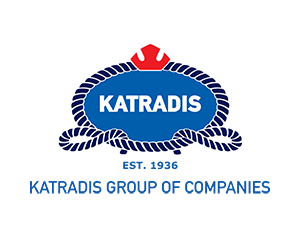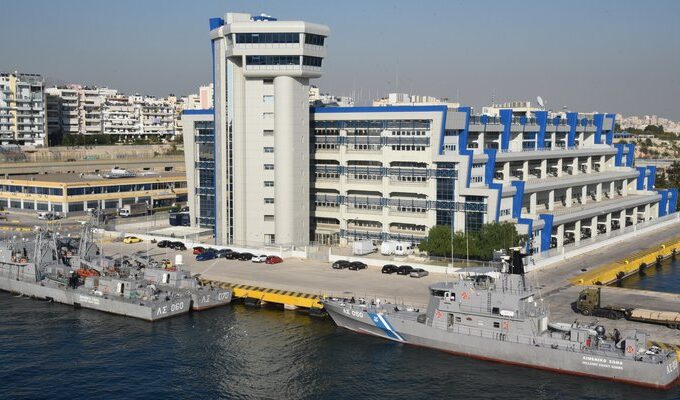CEO @ ELVICTOR GROUP | Technological Disruptive Crew Management
EXECUTIVE SUMMARY
Seafarers play a crucial role in the maritime industry, but the cost of employing them is complex and varies depending on different perspectives. Ship operators prioritize cost-effectiveness, while crew managers recognize the importance of seafarers’ well-being. To manage the cost of seafarers, the industry must consider the viewpoints of ship operators, crew managers, and manning agents. Non-proactive crew management practices can have a significant impact on the financial, operational, and reputational aspects of maritime companies. To mitigate losses, companies must prioritize crew retention and implement strategies to enhance seafarers’ welfare.
The maritime industry heavily relies on the expertise and dedication of seafarers, who play a crucial role in ensuring the smooth operation of ships. The cost associated with employing seafarers is a complex matter that varies depending on the perspective of different stakeholders. To gain a comprehensive understanding of the factors influencing the cost of seafarers in the maritime industry, it is imperative to analyze the interpretation of the cost of a seafarer from the viewpoints of ship operators, crew managers, and manning agents.
Ship operators view the cost of a seafarer as a significant financial burden, considering various factors such as wages, training, insurance, and benefits. They prioritize cost-effectiveness and seek to minimize expenses while ensuring compliance with international regulations. Crew managers, on the other hand, recognize that the cost extends beyond financial aspects and encompasses the well-being and job satisfaction of seafarers.
The maritime industry needs to consider the perspectives of ship operators, crew managers, and manning agents to determine the cost of a seafarer. By doing so, a more comprehensive and sustainable approach to managing the cost of seafarers can be developed. The cost of a seafarer encompasses various factors, including recruitment, risk, promotion, crew change, and non-compliance. Shipping companies must optimize their operations and ensure the safety and well-being of seafarers to enhance their cost value.
Non-proactive crew management practices that result in the loss of a seafarer can have a substantial impact on the financial, operational, and reputational aspects of maritime companies. To enhance crew welfare, reduce turnover rates, and ensure the safe and efficient operation of vessels, the industry must address obstacles, challenges, defaults, and vulnerabilities and implement strategies for improvement. Companies must prioritize proactive crew management, focusing on scheduling, crew changes, promotion plans, debriefing reports, seafarers’ happiness index, and crew welfare to create a sustainable and thriving maritime workforce.
The loss of an ex-crew seafarer, particularly a tanker officer, can have far-reaching consequences for the maritime industry. The real cost of such a loss extends beyond financial implications and encompasses operational disruptions, compliance issues, and potential safety risks. To ensure compliance with OCIMF rules, guidance, and guidelines, adhering to officer matrix requirements and retaining experienced officers is crucial. By recognizing potential problems and taking proactive measures to address them, shipowners and operators can mitigate the real cost of losing a valuable crew member and maintain a safe and efficient maritime operation.
In conclusion, the real cost of losing an ex-crew seafarer extends beyond the immediate financial implications. The recruitment-related sections, including pre-employment costs, training and development, compensation and benefits, crew welfare, and administrative expenses, highlight the extensive investment made by shipping companies to ensure a skilled and dedicated workforce. Losing an experienced crew member not only incurs significant financial burdens but also disrupts the overall operational efficiency and poses potential risks. Therefore, shipping companies must prioritize crew retention and implement strategies to mitigate the loss of valuable crew members.
Losing a highly skilled seafarer who is eligible for promotion due to the unavailability of growth opportunities can result in significant losses for ship operators. The departure of such individuals leads to a loss of expertise, negative effects on crew morale, increased recruitment and training costs, damage to reputation, and reduced organizational knowledge and innovation. To mitigate these losses, ship operators must prioritize the development and promotion of talented seafarers, ensuring that they are provided with opportunities for career advancement. By doing so, the maritime industry can retain its valuable talent, enhance operational efficiency, and maintain a competitive edge in the global market.
Seafarer attrition poses significant challenges for ship operators, affecting the overall efficiency and safety of maritime operations. Inadequate compensation and benefits, poor working conditions, limited career development opportunities, ineffective communication and crew management, and unfavourable work-life balance have been identified as key areas where ship operators often fail to meet seafarers’ needs and expectations. To address these issues, ship operators must prioritize seafarers’ welfare by offering competitive compensation packages, improving working conditions, providing ample career development opportunities, enhancing communication channels, and promoting a healthy work-life balance. By implementing these measures, ship operators can foster seafarer retention, promote career progression, and maintain a cohesive and skilled pool of seafarers.
See more: https://www.linkedin.com/






















